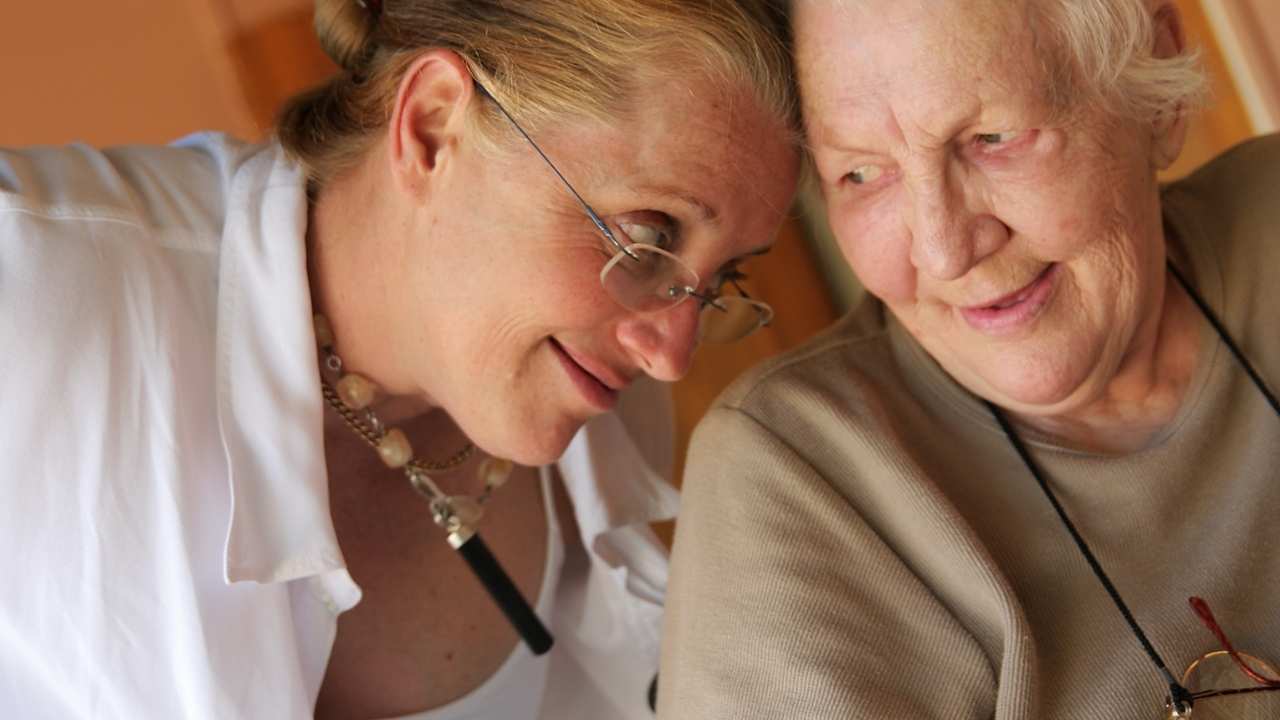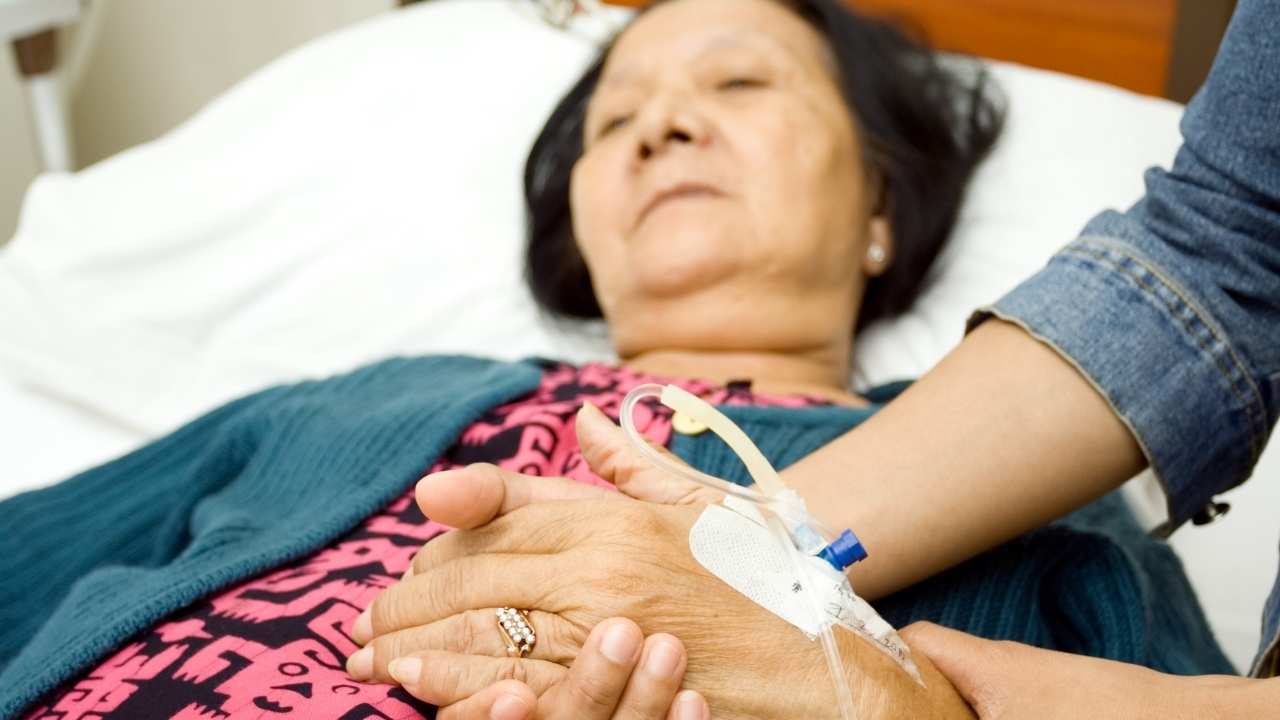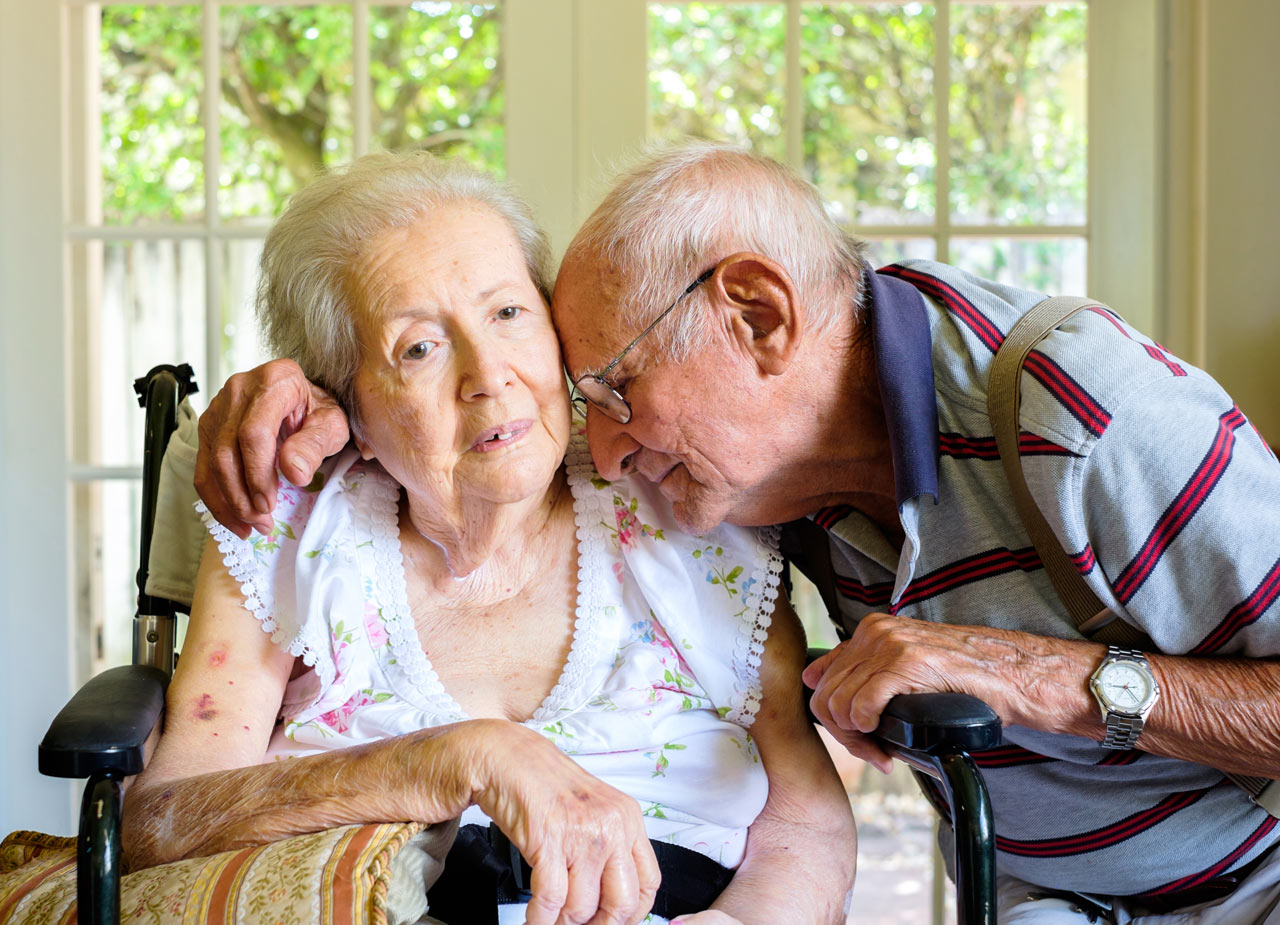Is it time to bring your Mom to the hospice, what do you need to consider?
You’ve worked very hard for years managing your mother’s care. You arrange the doctor visits. You supervise the prescription filling and medication. You deal with all the paperwork for her home care. Communicating carefully with the home health aide is something you’ve learned to do as well as dealing with the coordinators, nurses, case managers, therapist, DME suppliers, transportation vendors at the home care agency. You visit often and check the refrigerator as well as the mail, the heat, the air quality, and the cleanliness. You try to get your siblings, kids, and relatives to call and visit. It’s taken so much time, energy, and worry.
Now nature is taking its toll on Mother. She appears to be dying. The doctor says the prognosis is grim and that you should prepare. Palliative care for end of life is his suggestion. You get it. It means alleviating the pain, managing it, and bringing in appropriate service providers in the home or in an in-home hospice unit.
Of course, you get it. You saw the signs of decline and you know your mother’s medical situation very well. You are on the frontline of caregiving.

Caring Professionals offers hospice care in coordination with specific hospice programs. Speak to your coordinator about how things may change when your mother is put on hospice. It’s a different kind of service. Alternately, speak to your coordinator about keeping the present arrangements.
Mom’s aide can read the signs too and she’s been very devoted to her. She makes her comfortable and knows what she likes. She can alleviate discomfort and cheer her up. You may not want to switch to another system and another aide. The coordinator will understand and see if something can be arranged.
We understand you. We understand how the end places even more pressure, responsibilities, and stress on you, the caregiving daughter. And all of us will help you with the increased demands. These include:
Physical demands. Even more things need doing now. You are seriously sleep deprived.
Emotional and/or spiritual stress. From concern about the minimal food intake, worry about which practitioner to call when new symptoms emerge, uncontrollable pain, changes in breathing, and deciding whether it is an emergency or not, the new urgent concerns take their toll on you. You want your mother’s passing to be pain free and full of comfort and support. What can you do? Would she appreciate a visit from a clergy-person? Will her family singing together around her bring her comfort? What’s your role now, you wonder.
Preparing for the future. You may look forward to relief from the caregiving stress and to finally being freed to pursue other priorities after your responsibilities to your parent are over. You may feel guilty about this as you ponder picking up your life again. You are certainly sad about the imminent passage of your parent to the world beyond.
Securing help. You need more help from your family to manage things but it’s hard for you to ask for help and to get it.
Medication management. This is not as simple as just arranging pharmacy delivery to the home. You have to go over the items. Sometimes they do not send the entire order. Then you can’t set up everything in the pillbox. You want to note things once and for all on the medication chart you took pains to put together and post on the refrigerator.
You want to be sure the correct dosage is administered, especially when she is in pain. Will you run out of pills? Keeping up with the changing medication regimens is exhausting.
Navigating the agencies. Filling out paperwork, doing the yearly recertifications, and benefits management gets even more burdensome. The end is near and your mother needs you. You want to spend as much time with her as you can. And you may have little patience for the administrative needs of her care.
Relationships. Managing conversations in a healthy helpful way with family members, friends, and health professionals who want to help or just need connection with you becomes even harder. Visits from family members need scheduling, and managing with care. It’s hard to see your mother who rejoiced in her grandchildren, barely respond to them now.

At Caring Professionals, we care. All the time. We are part of your team. All of our staff members are. From the aide, the nurse, to the supervisors, to the coordinator, to the scheduler, to the office staff, we want to give you the sensitive support you need to make this stressful time easier for you and your mother. We understand.
The aforementioned concerns and needs are based on a research survey of family caregivers at the end of life conducted in New Zealand and published in Palliative and Supportive Care, 2014 by the Cambridge University Press.
Related Articles:
- Why your senior doesn’t want to move
- The latest information about home care wages and home care rates in New York
- CDPAP, Insourcing Your Parent’s Home Care in New York
- Is it Time for a Geriatrician or a Gerontologist?






